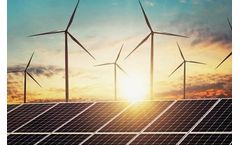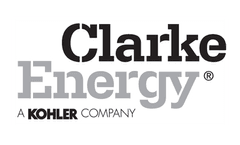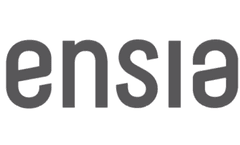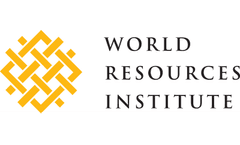Renewable Energy Deployment Articles & Analysis
23 articles found
As companies across the globe push to embrace sustainable energy models, they are adding solar generating assets to their facilities as a way of reducing fossil fuel consumption and carbon footprint. The increased deployment of renewable solar energy sources is acting as one of the key energy market drivers. ...
Based on the economics and data alone, support for the renewable energy industry should not be relegated to a partisan debate, but rather be recognized as a primary solution to our economic recovery, job creation, energy resiliency and rising CO2 levels. ...
To help India augment its energy basket, North Eastern Electric Power Corporation Limited (NEEPCO) recently installed three of GE’s Waukesha 275 GL+ engines as part of a gas booster station upgrade. ...
To help India augment its energy basket, North Eastern Electric Power Corporation Limited (NEEPCO) recently installed three of GE’s Waukesha 275 GL+ engines as part of a gas booster station upgrade. ...
At the same time, each country needs a strategy for fast deployment of renewable energy sources including solar, wind, bioenergy, geothermal and hydropower. ...
By combining intermittent renewable energy sources through hybrid projects, developers are taking advantage of the strengths of each. ...
ByEnsia
Executive Summary Federal tax credits for renewable energy (RE) have served as one of the primary financial incentives for RE deployment over the last two decades in the United States. ...
CSP plants have already proven their competitiveness when it comes to dispatchable generation. CSP with heat energy storage is the only renewable energy technology with the ability to deliver electricity consistently during peak times. ...
What is the Renewable energy progress report and what is its purpose? The Renewable Energy Directive states that a progress report should be issued every two years. ...
In 2013, this progress enabled the EU to meet the 12.1 % indicative target for 2013–2014 in line with the Renewable Energy Directive, as well as the 13.7 % expected EU-wide share for gross final renewable energy consumption in line with the National Renewable Energy Action Plans adopted by ...
Case in point: Consolidated Edison’s ambitious $100–$150 million investment in energy efficiency and distributed energy — rooftop solar, battery technologies and smartphone-assisted energy conservation — to avoid building a new $1.1 billion substation. 2) Energy storage is a critical cog in large-scale ...
ByEnsia
This paper describes what draws U.S. commercial and industrial customers to renewable energy, and explores how traditional utilities could build on their strengths to deliver affordable renewable energy to customers. ...
Importantly, the decisions coming out of these negotiations could have significant implications for clean energy development. The "renewable energy club" recently initiated by the German government could provide a boost to the national and global expansion of renewable energy--if the club is designed right, that ...
It is recognised that renewable energies have an important role in sustainable development, especially in developing countries, ranging from climate change mitigation to the provision of energy for poor people in remote rural areas. Latin America is lagging behind in the deployment of renewable ...
Recent studies suggest that the United States can greatly expand its deployment of renewable energy resources beyond current levels. This would reduce emissions of harmful pollutants and enhance energy security by diversifying the nation’s domestic energy supply. ...
As a state with one of the highest deployments of renewable energy in India, exceeding the national target of 10%, part of the deficit is linked to renewable energy subsidies. ...
Developing Countries in the Renewable Energy Transformation In order to meet the intensifying climate challenge, the global energy system must undergo a fundamental transformation, with a rapid increase of renewable energy worldwide. ...
Renewable energy (RE)—electricity from wind, solar, and other naturally renewing energy sources— has drawn increasing attention in the quest to reduce greenhouse gases on a scale commensurate with the dictates of climate science. ...
What is a Renewable Electricity Standard (RES)? A RES requires that a minimum percentage or amount of electric power generation come from eligible renewable energy sources by a specified date. Retail electric power suppliers (also known as load-serving entities) must purchase power directly from renewable electricity generators, ...
This project will help to improve the quality of both the resource information and the tools for assessing the technical and economic potential for renewable energy development, which will greatly enhance opportunities for broad deployment of renewable energy and distributed generation technologies in Partner ...









